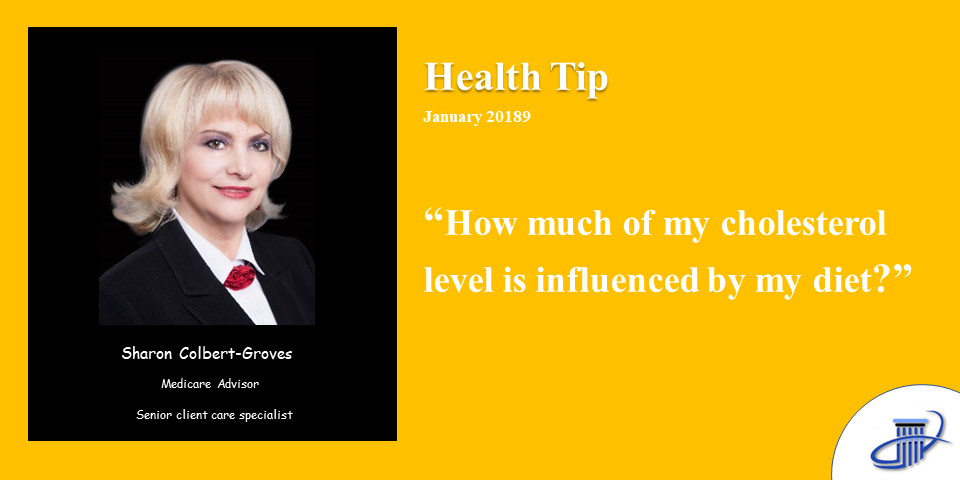It’s difficult to measure exactly how much cholesterol actually comes from your
Low-density lipoprotein (LDL). This is the “bad” cholesterol that blocks arteries and puts your heart at risk. It is affected by diet. People following a Mediterranean style diet that’s rich in fruits, veggies, and healthy fats will help to lower your LDL. Some healthy fats are avocados, cheese (which is incredibly nutritious), dark chocolate, whole eggs, salmon, nuts, and extra virgin olive oil.
Most healthy people can eat up to 7 eggs per week with no increase in their risk of heart disease. If you like eggs, but don’t want the extra cholesterol, use only the egg whites, as they have no cholesterol. (4-05-18 Mayo Clinic)
High-density lipoprotein (HDL). Also known as the “good” cholesterol. HDL helps clear out the dangerous plaque in your arteries. It is influenced by both genetics and your diet. Boost HDL by eating plenty of mono and polyunsaturated fats and don’t forget to exercise regularly.
Triglycerides are another term for fats carried through your blood. Triglycerides are affected by what you eat. Keep them low by cutting back on alcohol, added sugars, and trans fats. Examples of trans fats include fried foods (like doughnuts), baked goods (including cakes, pie crusts, biscuits), frozen pizza, cookies, crackers, and stick margarine and other “spreads”. Look at the Nutrition Facts on the food packaging to find the
People with genetic conditions that increase their cholesterol may have more of a challenge in lowering their cholesterol despite their best efforts at diet and exercise, but maintaining these guidelines are an important part of a heart-healthy lifestyle.
- Katherine Patton, Dietitian

